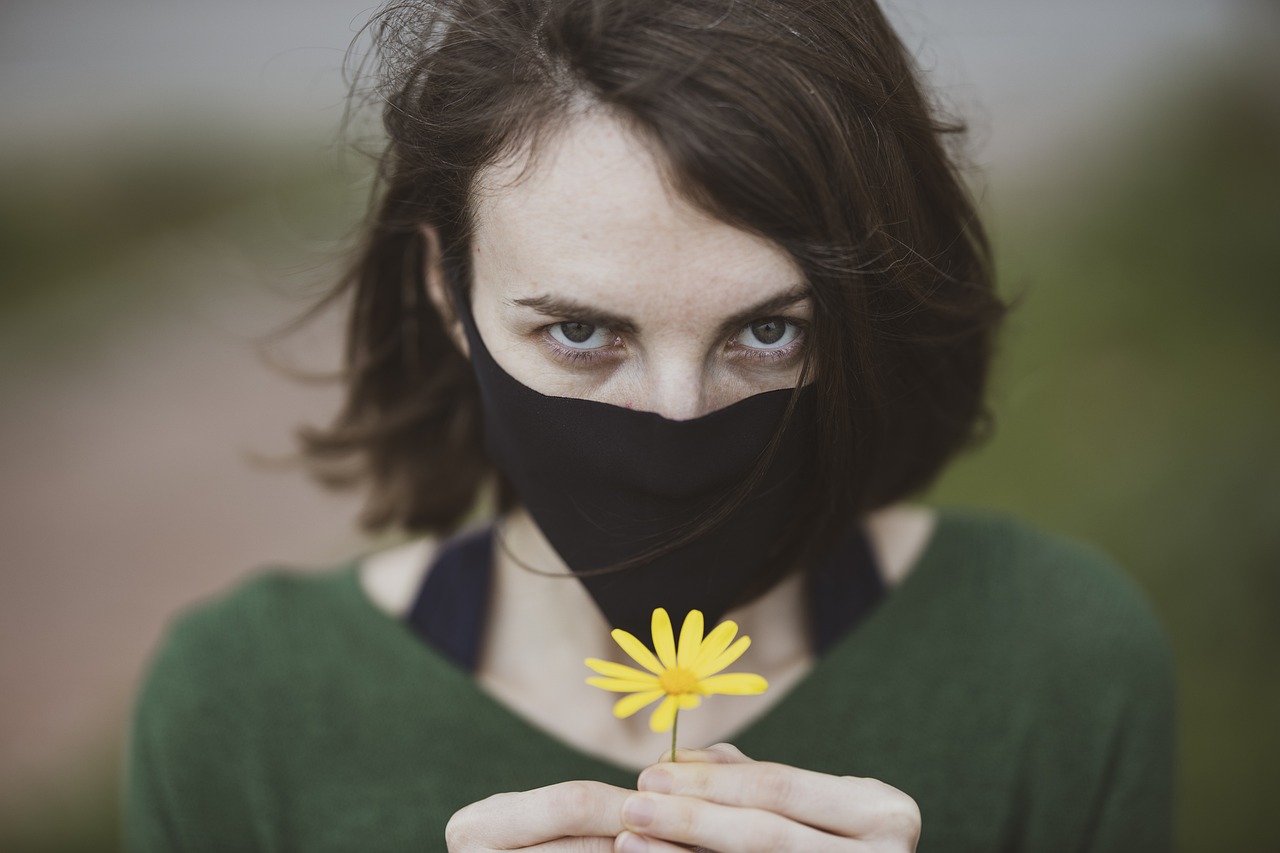Longitudinal and transcultural assessment of the relationship between hallucinogens, well-being, and post-traumatic growth during the COVID-19 pandemic
Authors:
José Carlos Bouso, Dóra Révész, Genís Oña, Giordano N. Rossi, Juliana M. Rocha, Rafael G. dos Santos, Jaime E. C. Hallak, and Miguel Ángel Alcázar-Córcoles.
Journal:
Scientific Reports
Year:
2023
About the study
The current study, conducted during the peak of the pandemic in April 2020, employed an online survey methodology to gather data from English, Spanish, and Portuguese-speaking participants. The survey encompassed a range of questions, including those pertaining to sociodemographics, lifestyle activities, COVID-19-related circumstances, and the use of hallucinogenic drugs.
The results of the study underscored a notable relationship between the use of hallucinogenic drugs and higher psychological well-being. Users of these drugs exhibited lower scores on psychopathology scales both initially and during follow-ups, a trend more pronounced among regular users. Moreover, regular users showcased higher scores for post-traumatic growth, especially those experiencing more considerable psychological distress.
According to the authors, the use of hallucinogenic drugs could potentially offer protective effects against the distress engendered by life-altering events such as the pandemic. However, it is also contemplated that individuals who use these drugs might inherently possess traits that allow them to cope better with such distressing circumstances. The study suggests a pivotal role for hallucinogens in fostering post-traumatic growth, thereby hinting at the necessity for further research in this avenue, especially in the backdrop of large-scale catastrophes.
Abstract
The COVID-19 pandemic has had a devastating impact on the health and wellbeing of the global population. This paper presents the results of a longitudinal transcultural study that was begun at the peak of the pandemic (in April, 2020). An online survey was used to collect data from English-, Spanish-, and Portuguese-speaking participants. The survey collected information about sociodemographics, lifestyle activities, COVID-19-related circumstances, and drug use (with an emphasis on hallucinogenic drugs), as well as involving psychometric questionnaires. Users of hallucinogenic drugs had higher psychological well-being and lower scores on psychopathology scales, both at baseline and during follow-ups. This difference was larger when users were distinguished by frequency of use, as regular users scored higher on psychological well-being and lower on psychopathology scales. Subjects with more psychological distress had lower scores for all scales of post-traumatic growth, but if they were regular hallucinogens users, they had higher scores for post-traumatic growth. When comparing the results between cultural contexts, heterogeneous results were obtained. There were more English-speaking regular users of hallucinogenic drugs. Further research should analyse the potential role of hallucinogens in large-scale catastrophes, with a special focus on post-traumatic growth.
Photo by Engin Akyurt on Pixabay.
Categories:
Studies & papers
, Psychedelics
Tags:
scientific research
, study
, psychedelics
, COVID-19
, pandemic
, hallucinogens
, well-being
, coping
, PTSD

